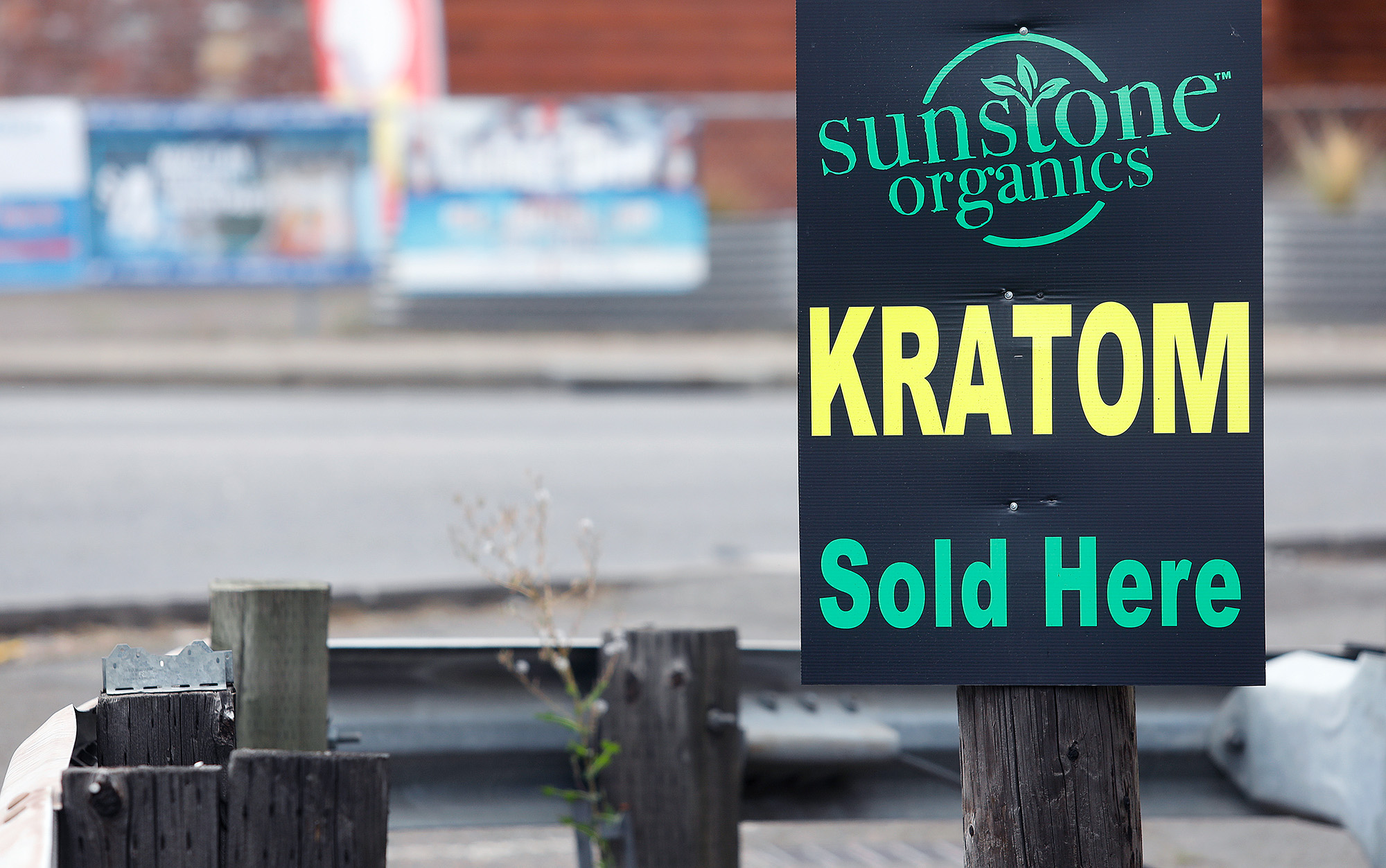Health & Education
Synthetic kratom sales worry healthcare providers

By Nicole Montesano
Smoke Signals staff writer
While illegal drug usage wreaks havoc among users and their loved ones, treatment providers say a legal, readily available herbal supplement can also cause unexpected harm, particularly in a newer synthetic form.
The leaves of kratom, a tropical shrub related to coffee, are traditionally used as a mild stimulant like coffee or tea in the southeastern Asian countries where it grows, and sometimes for pain relief or recreation.
But it has found a different audience in the United States; one far more interested in the fact that “at really high doses, way higher than the tea level, you can get an opioid-like effect,” Dr. James Laidler of the Tribe’s Great Circle Recovery Clinic said.
Unfortunately, those effects also come with serious downsides, and a new, synthetic form, sold as an all-natural and organic supplement, is drawing notice.
“In recent years, there have been an increasing number of outlets selling 7-hydroxymitragynine (often labeled as 7-OH) as a recreational substance,” Laidler said.
However, “the amount of 7-hydroxymitragynine in kratom leaves is 2%; there’s not enough in the leaf to extract. They are chemically oxidizing mitragynine” to create 7-OH, Laidler said. “Not exactly natural, and it’s also more potent. If that’s what’s actually in it.”
Laidler said part of the concern is that supplements are unregulated.
“Nobody knows what’s in it; it could be anything,” he said. “A lot of people don’t realize they will become addicted. When it was (popular) before, people were using it to get off heroin. They were thinking, it’s natural, it will ease the withdrawal – and then what would happen is they would get off heroin using kratom, stop taking the kratom and have withdrawal from that.”
Seizures are the most common symptom of overdose of kratom or kratom products, Laidler said. In addition, some people who try to stop using kratom experience “absolutely crushing depression,” he noted.
The federal Food and Drug Administration announced in July that it was recommending placing some 7-OH products under the Controlled Substances Act.
“I hope that the current administration and the FDA follows through and bans it,” Tribal Peer Support Specialist Ferrell DeGarmo said. “I’m pretty concerned about how accessible it is. Many of our youth have started experimenting with kratom or using kratom. I know a lot of people in addiction who self-medicate with kratom, but this is a whole ‘nother beast…because it’s so much more potent than kratom itself. It’s way more potent, way more addictive and just a way higher risk that what kratom already is.”
Doctor Manya Helman of Great Circle Recovery said the issue is important “because it concerns a drug that is sold at convenience stores, gas stations etc., giving the impression that it is okay. But it isn’t, we have seen how addictive it can be. As such, it is certainly a gateway drug.”
